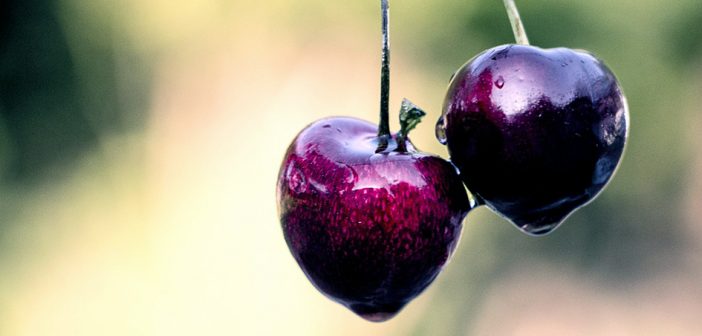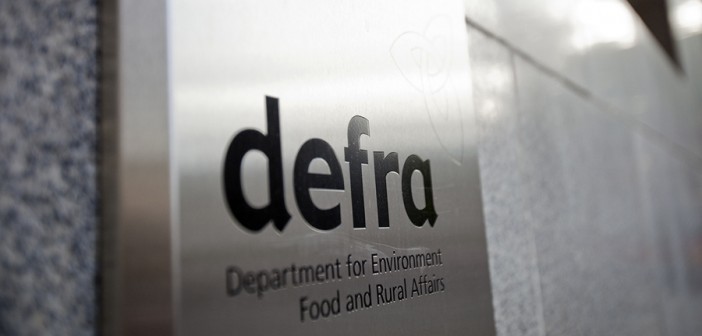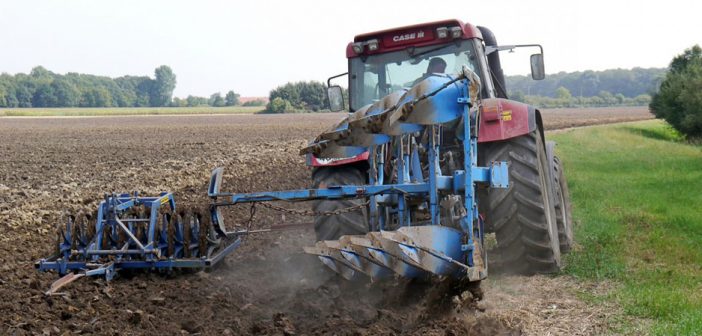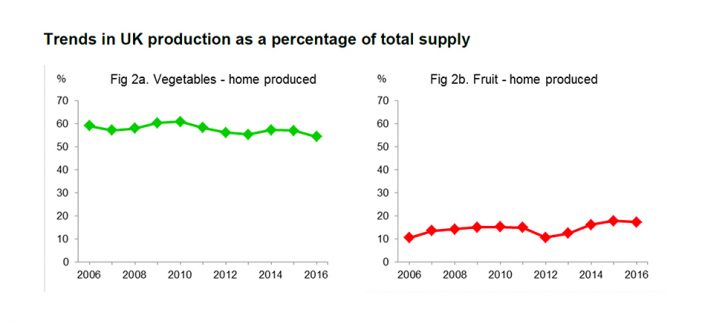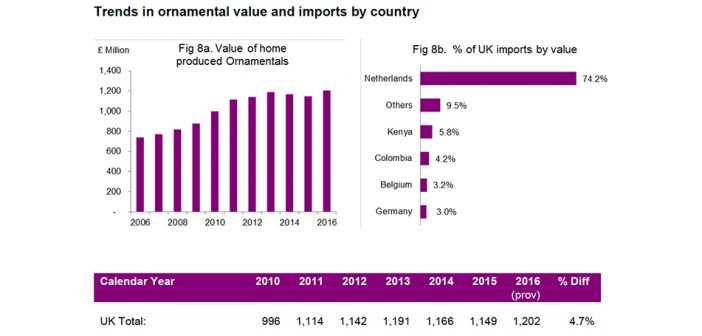The latest forecast for Total Farm Income (TFI) for the United Kingdom for 2018, produced by Defra, shows a fall of £861 million (or 15 per cent) compared to the actual figure for 2017, while the industry’s contribution to the national economy falls 6 per cent.
Despite a slight increase in gross output, the release says that the output of key crops fell as a result of the hot, dry summer and that the resulting increase in prices failed to offset the overall fall in production. At the same time costs of inputs including fuel, feed and fertiliser all rose over the same period.
As the figures are a forecast, detailed information by sector, such as vegetables, horticultural crops and potatoes, is not yet available. The final figures released for TFI in 2017 showed a real terms increase of 45 per cent.
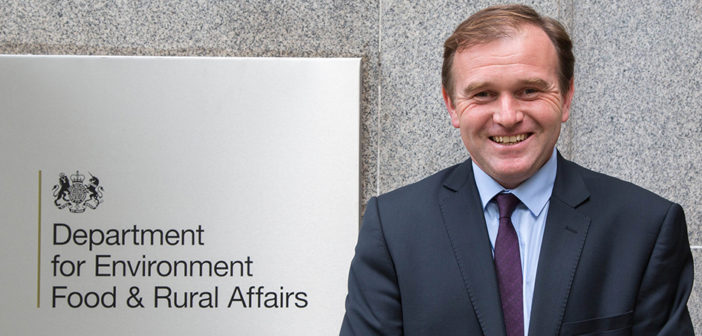
Photo Credit: Department of Environment Food and Rural Affairs
The post Dry weather costs industry £800 million appeared first on Hort News.
